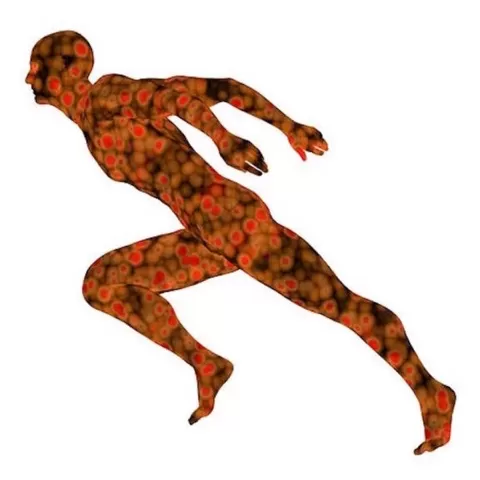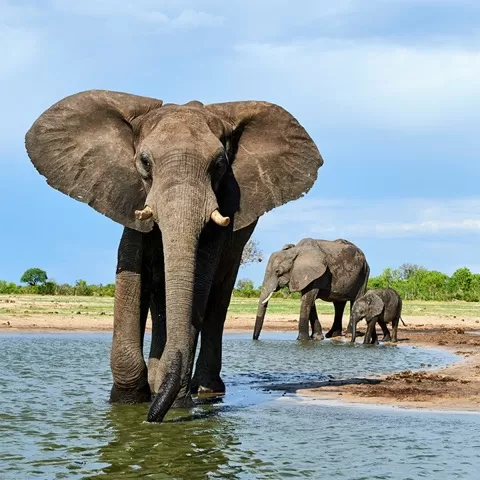Philip J. Currie is a full Professor and Canada Research Chair of Dinosaur Paleobiology at the University of Alberta in Canada. He is also an Adjunct Professor at the University of Calgary.
He works on dinosaurs, focusing on problems with growth and variation, the anatomy and relationships of carnivorous dinosaurs, and the origin of birds. He has a long-term goal of understanding the rich Cretaceous ecosystems of Dinosaur Park (Canada) and the Nemegt Formation of Mongolia.
He took his BSc from the University of Toronto (1972), and his MSc and PhD from McGill University in Montreal. He has been a Fellow of the Royal Society of Canada since 1999, and has an Honorary Doctorate of Laws (Calgary, 2008) and the Alberta Order of Excellence (2010).
Interested in dinosaurs since childhood, he finds that the excitement of discovery (fossils in the field, and ideas in the “lab”) constantly renews his interest. Fieldwork connected with his research has been concentrated in Alberta, Antarctica, the Arctic, Argentina, British Columbia, China and Mongolia.
He has published 170 scientific articles, 140 popular articles and fifteen books. Sir Frederick Haultain Award (for significant contributions to science in Alberta), 1988. Commemorative Medal, 125th Anniversary of Canadian Confederation, 1993. Michel T. Halbouty Human Needs Award, AAPG, 1999. Michael Smith Award for Science Promotion, 2004. Museums Alberta Lieutenant Governor’s Award, 2004. ASTech (Alberta Science and Technology Leadership) Foundation, Outstanding Leadership in Alberta Science Award, 2006. Alberta Order of Excellence, 2010. Explorers Club (Canadian Chapter) Stefansson Medal, 2011. Explorers Club (New York) Medal, 2012. Royal Canadian Geographical Society Gold Medal, 2012.
Since 1986, he has supervised or co-supervised more than 30 graduate students at the Universities of Alberta, Calgary, Saskatchewan, and Copenhagen.
He has given more than 800 lectures in Argentina, Australia, Brazil, Canada, Chile, China, Denmark, Germany, Greece, Italy, Japan, Kazakhstan, Korea, Mexico, Norway, Poland, Portugal, Romania, Singapore, Sweden, Thailand and the United States, and the venues include the American Museum of Natural History (New York), the Explorer’s Club (New York) and the National Geographic Society (Washington). To date, over 50,000 people have attended his lectures. He has given more than 1200 newspaper, magazine, radio, film and television interviews for articles and programs, including Canadian Geographic, Discover, Equinox, Macleans, National Geographic Magazine, New York Times, Time, the Today Show, Discovery Channel’s Paleoworld, PBS’s Nova series, and a CBS primetime program on dinosaurs.




